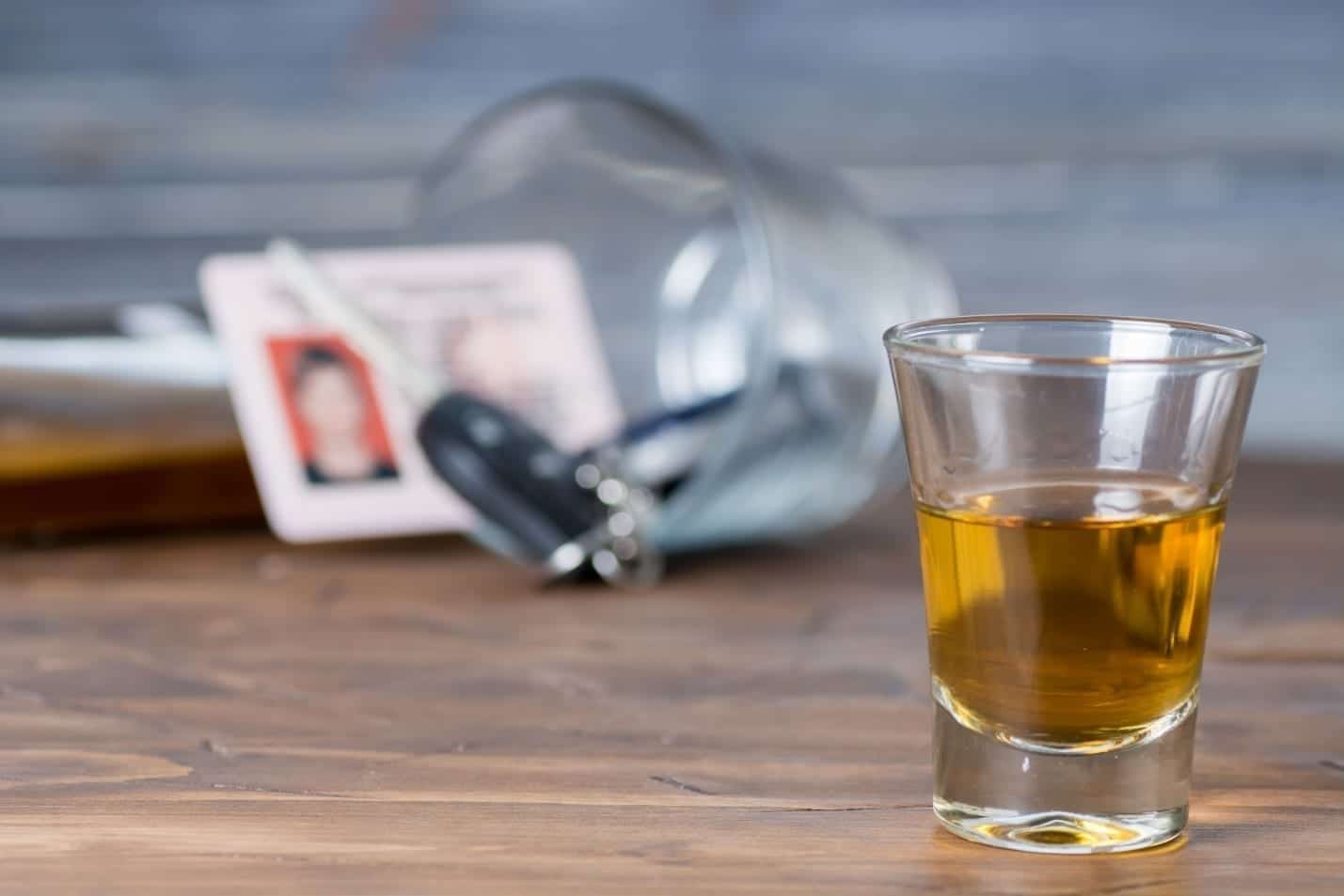Illinois Charges You Might Be Facing after Partying on New Year’s
New Year’s is one of the biggest party occasions of the year. Alcohol and drug use are commonplace, and rowdy behavior is a given. While most New Year’s parties are all in good fun, sometimes festivities can get out of hand, resulting in police involvement.
Unsurprisingly, more arrests are made on New Year’s Eve than on most other holidays. Common offenses include disorderly conduct, assault and battery, drunk driving, and drug possession.
Below, we’re going to do a quick overview of each of these charges in case you find yourself facing one (or more) of them after some particularly rowdy celebrating.
Disorderly Conduct
Disorderly conduct law is focused primarily on public safety and keeping the peace. For example, if citizens disturb the peace by yelling or fighting in a public place, they can be charged. Generally speaking, people in Illinois are prohibited from behaving unreasonably in a manner that alarms, offends, or disturbs others.
Unfortunately, this type of behavior is commonplace on New Year’s Eve, mostly due to the prevalence of drug and alcohol use. Law enforcement officers often make disorderly conduct arrests in order to prevent a situation from escalating and compromising public safety.
Most forms of disorderly conduct in Illinois are charged as misdemeanors. Depending upon the severity of the offense, you may be charged with a Class A, B, or C misdemeanor, which is punishable by up to 30 days, six months or one year of imprisonment, respectively. You may also face fines of $1500-$2500.
Disorderly conduct that compromises public safety (for example, making a false report of a fire or tampering with fire alarms) may be charged as a felony. A Class 4 felony is punishable by 1-3 years’ imprisonment and up to $3,000 in fines. A Class 3 felony is punishable by 2-5 years’ imprisonment and up to $10,000 in fines.
Assault and Battery
Assault and battery are related but distinct crimes. Assault is defined as behavior that places another individual in reasonable fear of battery, while battery is defined as causing serious bodily harm to another, or insulting, provocative, or unwanted physical contact. You may be brought up on separate charges for assault and battery depending upon the nature of the alleged offense.
Aggravated assault and battery occurs when the alleged victim is grievously injured, causing permanent disability or disfigurement, if a deadly weapon is used, or if the victim is a child or peace officer.
Assault is a Class C misdemeanor punishable by up to 30 days in jail and/or fines up to $1500. Aggravated assault is charged as a Class A misdemeanor or a Class 4 felony. A Class A misdemeanor is punishable by imprisonment of up to one year and/or fines up to $2,500. A Class 4 felony is punishable by an imprisonment term of 1-3 years and/or fines up to $25,000.
Battery is considered a Class A misdemeanor and penalized as described above. Aggravated battery can be elevated to a Class 1, 2, 3 or Class X felony. This can result in imprisonment for up to 30 years and fines up to $100,000.


DUI
Unfortunately, many New Year’s Eve partygoers choose to drive home drunk, resulting in a dramatic spike in drunk driving accidents and fatalities. Law enforcement is therefore on the lookout for drunk drivers, often setting up checkpoints. DUI arrests are some of the most common New Year’s Eve offenses.
The severity of DUI charges and penalties will depend on prior offenses and the presence of aggravating factors such as blood alcohol content exceeding 0.16% or carrying a child passenger at the time of arrest.
If you are facing your first DUI charge, you face the following penalties if convicted:
- Up to one year in jail
- Fines up to $2500
- Suspension of your driver’s license for at least one year
- Installment of an ignition interlock device.
Drug Possession
Illicit drug use is also rampant at some New Year’s Eve celebrations, making drug possession another common offense. The penalties for drug possession charges are dependent upon the type and amount of drugs.
Although small amounts of marijuana have been decriminalized, possession of 10 grams or more is illegal and is charged as a misdemeanor.


Possession of any amount of other controlled substances such as cocaine, opiates, methamphetamine, ecstasy or LSD is illegal. Possession of these substances is generally charged as a Class 1 or Class 4 felony, depending upon the drug type and amount in possession.
Whether you took a walk on the wild side for New Year’s Eve or simply got caught in the wrong place at the wrong time, you may now be facing legal trouble – not a great way to start the year off right. Retaining an exceptional Chicago criminal defense attorney will maximize your chance of a favorable outcome. Get in touch with our office today.
About the Author:
Andrew M. Weisberg is a former felony prosecutor who now serves as a defense attorney in the greater Chicago area. He has extensive experience in handling all types of criminal cases, from sex offenses and domestic violence to retail theft-related crimes, murder, and drug crimes.







 Blog Home
Blog Home 










